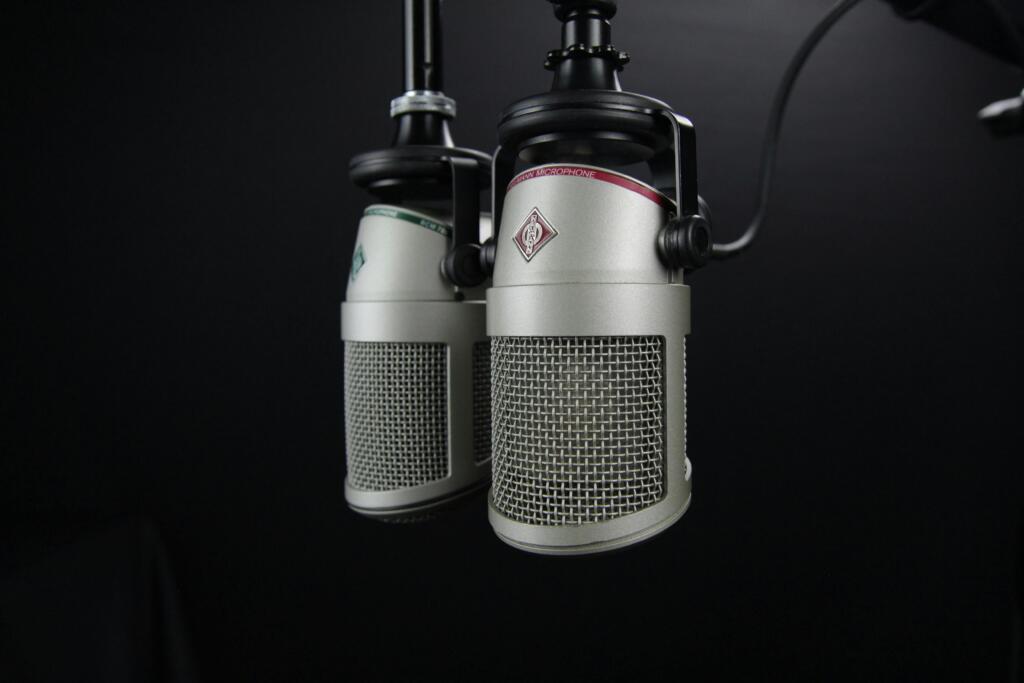Podcasts have exploded into a new era of storytelling and information-sharing in the United States. Everyone seems to have a favorite podcast they listen to while commuting, exercising, or relaxing at home. It’s no wonder if you truly think about it as they provide a platform that gives voices to people, from experts in various fields to everyday individuals with incredible stories. What’s also really beneficial is that this format allows listeners to consume content in a way that traditional media, like newspapers or TV, often cannot. According to Edison Research, about 67% of Americans aged 12 and older listen to podcasts, and that number continues to climb each year, proving that people crave this format.
Voices and Narratives
One of the most significant impacts of podcasts lies in their power to diversify voices and narratives. Traditional media outlets often focus on mainstream stories, which can be limiting when it comes to underrepresented communities and perspectives. Podcasts change this dynamic because they offer anyone the chance to share their thoughts, opinions, and experiences. In other words, if you’ve got a good story or a unique perspective, starting a podcast is a great way to get it out there. According to a report from The Pew Research Center, podcast listeners are on the lookout for niche topics and themes that mainstream media often overlooks, which means your podcast can shine a light on voices and issues that don’t usually get much attention. It’s a way to spread ideas, spark conversations, and help people understand different viewpoints.
What Counts as a Quality Podcast?
Listeners generally look for a few key things: engaging content that keeps them hooked, relatable hosts who feel like friends, and a fresh perspective on topics they care about. They want to come away learning something new or just be entertained. For podcasters, it’s crucial to take the time to prepare for the interview, which means doing homework on the guest and their stories, because it leads to more meaningful conversations. A well-prepped host can ask the right questions and follow up with good insights, creating a smoother flow and, ultimately, a richer experience for listeners. When hosts show they care and put in the effort, it shines through in the episode, and that’s what listeners appreciate.
Community
Podcasts do not just provide information; they build community and engagement among listeners as creators encourage audience interaction, such as sending in questions or topic suggestions. And it’s this very sense of involvement that makes listeners feel they are part of something bigger. Listeners may also join social media groups, attend live shows, or interact with their favorite creators, leading to an engaged community. As podcasts continue to grow, this audience participation helps shape discussions that matter, and this makes the medium even more impactful.
Advertising
Podcasts are really taking off and are becoming very important for advertising and making money in the media world. Brands are catching on that podcasts are a great way to connect with specific audiences, so they’re jumping on board with ads. Because podcasters often build strong connections with their listeners, ads on podcasts tend to get better engagement than on traditional media. As podcasts grow and make more money, creators can focus on making even better content, which is great for everyone in the media space.
Podcasts are reshaping the landscape of US media in exciting ways. As more people turn to podcasts for their daily dose of news and entertainment, the format will likely continue to evolve and influence how we consume media in the future. For anyone looking to stay connected and informed, tuning into podcasts proves to be a smart choice.
